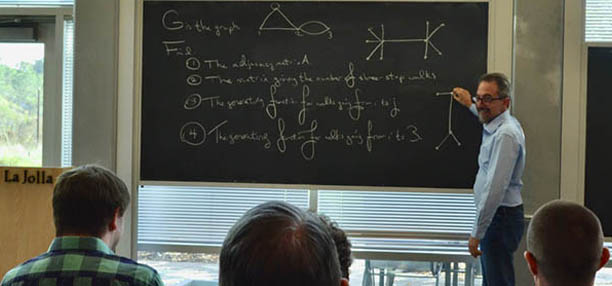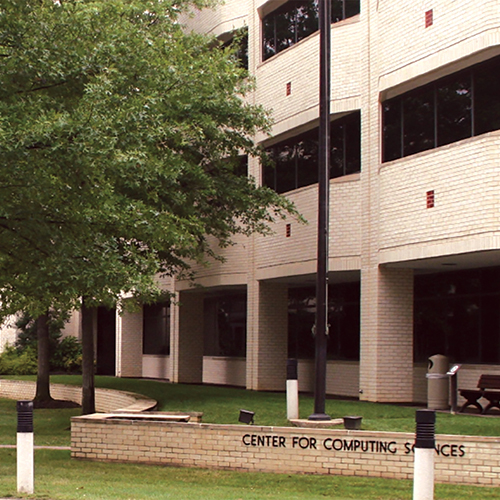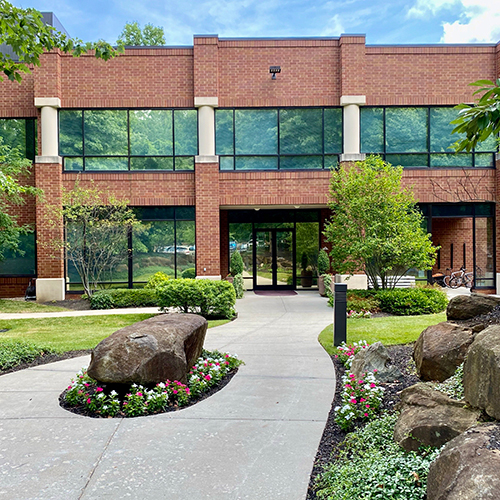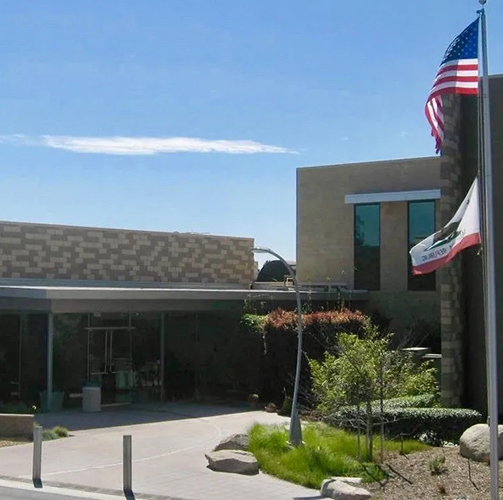Background Image: .....
Center for Communications and Computing
Learn More (clickable)
 photo of person doing maths at blackboard
photo of person doing maths at blackboard
The Center for Communications and Computing (CCC) is one of three federally funded research and development centers (FFRDCs) operated by the Institute for Defense Analyses (IDA), a nonprofit corporation. The FFRDC performs fundamental research in support of the National Security Agency's missions in cybersecurity and signals intelligence, encompassing computer network operations and cryptology.



